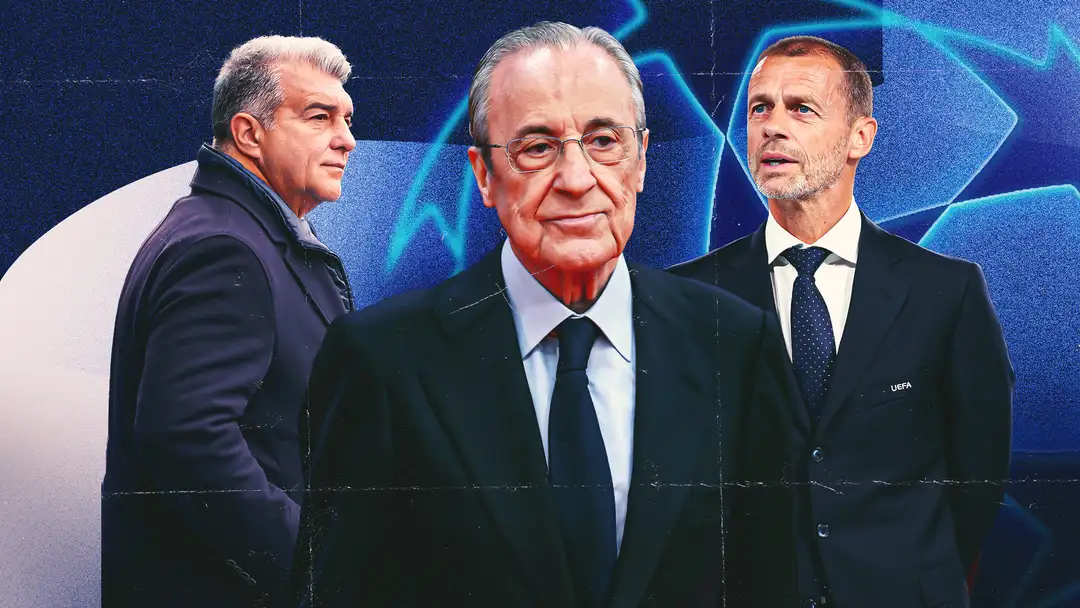
The death of the European Super League? Barcelona withdrawal leaves Real Madrid and Florentino Perez standing alone
Barcelona’s exit and what it means for the European Super League dream
When news broke in Spain that Barcelona had withdrawn their support for the European Super League, it felt like the final curtain call for one of football’s most controversial and ill-fated projects. According to RAC1, the Catalan giants have officially stepped back, leaving Florentino Perez’s Real Madrid as the last remaining believer in a concept that once threatened to upend the entire European game.
But as ever with European football politics, things are rarely as simple as they seem. Reports also suggest that both Barca and Madrid — alongside their allies at A22 Sports Management — have been in deep discussions with UEFA over yet another Champions League revamp, just months after the new format for the competition was agreed. If true, this could mean that while the Super League dream might be dead in name, its spirit is very much alive — simply reshaped under UEFA’s watch.
The idea that wouldn’t die
The European Super League (ESL) was never born out of nothing. It was the modern embodiment of a threat that had been hanging over European football for decades. As far back as the early 1990s, figures like Silvio Berlusconi and Umberto Gandini were pushing the idea of a breakaway competition for Europe’s elite — a concept that eventually forced UEFA’s hand and led to the creation of the Champions League itself in 1993.
Ever since, the Super League has existed as a kind of bogeyman — a tool wielded by the continent’s biggest clubs whenever they wanted to pressure UEFA into financial or structural change. Every time the rich felt restless, whispers of a breakaway would start to circulate. And every time, UEFA would find a way to appease them — usually by expanding the Champions League and promising more lucrative fixtures.
But by 2020, amid the chaos of the COVID-19 pandemic, that “threat” turned into a full-blown reality. Florentino Perez, always the visionary and provocateur, decided the time was right to push ahead. “The pandemic has changed everything,” he declared. “Football must evolve.” That evolution, in his mind, meant breaking away from UEFA’s control once and for all.
The birth — and collapse — of a rebellion
On April 18, 2021, the world of football stopped for a moment. Twelve of Europe’s biggest clubs — including Real Madrid, Barcelona, Juventus, and the entire English ‘Big Six’ — announced plans for a JP Morgan-backed Super League that would effectively replace the Champions League for its founding members.
The backlash was instant and furious. Fans protested in the streets, pundits lined up to denounce the “greed” of the elite, and even government officials got involved. Within 72 hours, the project had collapsed spectacularly. The Premier League clubs — under immense pressure from fans and politicians alike — all withdrew, followed by the Italians and Atletico Madrid. Within a week, the so-called “Super League” was little more than an embarrassing memory.
Perez, though, refused to concede defeat. He blamed the English clubs for panicking under pressure, saying, “They’re old, they got scared.” But the truth was clear: the plan had been badly timed, poorly sold, and disastrously executed.
Madrid, Barcelona and Juventus: the last holdouts
Even after the English exodus, three clubs — Real Madrid, Barcelona, and Juventus — clung to the project. For them, the motivation wasn’t just ambition — it was survival. The Premier League’s financial might had already created an unbridgeable gap between England and the rest of Europe. Clubs like Barca, drowning in debt, and Juve, mired in scandal, saw the Super League as a financial lifeline.
Together with A22, the trio tried to reshape the idea — promising an “open competition” and more solidarity payments to smaller clubs. They even rebranded the concept as The Unify League, a new structure of 96 teams spread across four divisions with matches streamed globally on a Netflix-style platform. But by then, the damage was done. The Super League brand had become toxic, and fans saw through the repackaging. As Kevin Miles of the Football Supporters’ Association memorably said, “The walking corpse that is the European Super League twitches again… Their newest idea is an ‘open competition’ — we already have one, it’s called the Champions League.”
Juventus’ fall and the crumbling alliance
The biggest blow came when Juventus formally withdrew their support in 2024, following years of financial turmoil and sporting decline. Their former president, Andrea Agnelli, had been one of the key architects of the Super League — and his departure from football politics effectively ended the Italian side’s involvement.
With Juve gone, the alliance between Perez and Joan Laporta was all that remained. Yet even that partnership was built on convenience more than conviction. Barca’s finances have improved slightly under Laporta’s second spell as president, and as UEFA introduced more lucrative reforms to the Champions League — including guaranteed matches against top opponents — the need for an independent league began to fade.
Now, with reports confirming Barcelona’s exit, Real Madrid truly stand alone.
Champions League: evolution or quiet revolution?
So what comes next? According to Mundo Deportivo, months of secret meetings between UEFA, Real Madrid, Barcelona, and A22 have led to a new proposal that could reshape the Champions League yet again — ironically giving the big clubs much of what they had wanted from the ESL in the first place.
Under the reported new system, the 36-team “league phase” introduced by UEFA would be split into two groups of 18 starting from 2027. The top group would include the elite clubs — Madrid, Bayern, City, PSG, etc. — who would play exclusively against each other. The lower group would feature the rest. The top eight from each would move on to the knockout rounds, while others would compete in playoffs.
In addition, UEFA is said to be open to the idea of creating a global streaming platform, similar to what A22 envisioned for the Unify League. It would offer both a free, ad-supported version and a paid subscription model. The goal, of course, is more revenue — more games, more content, more money.
The illusion of victory
So, is this the end of the European Super League? In a literal sense, yes. The original project is dead. But in spirit, it has achieved exactly what its founders wanted. The Champions League has evolved into something closer to a closed shop for Europe’s elite, just under a different name and with UEFA’s blessing.
Perez can claim vindication. His relentless campaign against UEFA’s “monopoly” has, in a roundabout way, forced them to make concessions that further enrich the top clubs. And while he may now stand alone in public, his influence continues to ripple quietly through the corridors of power in Nyon.
As one Spanish commentator put it, “The Super League didn’t die — it just moved into the Champions League.” In other words, the breakaway may have failed, but the revolution succeeded. European football has changed forever, not with an explosion, but with a slow, silent transformation.
And so, as Real Madrid remain the lone “founding member,” the irony is delicious: the Super League dream lives on, only now it’s wearing UEFA colours.












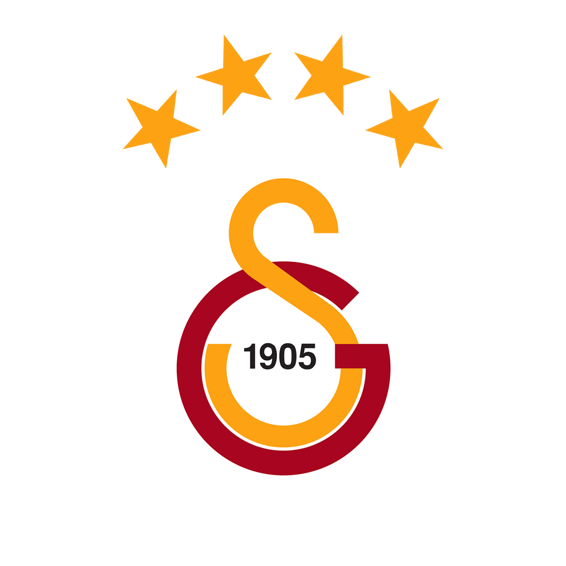















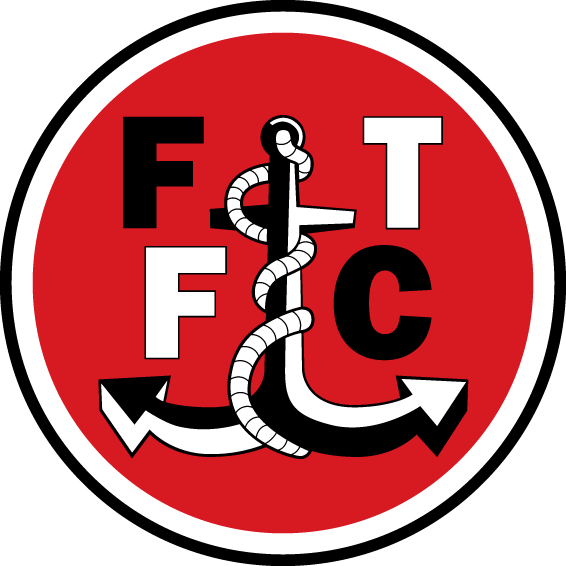

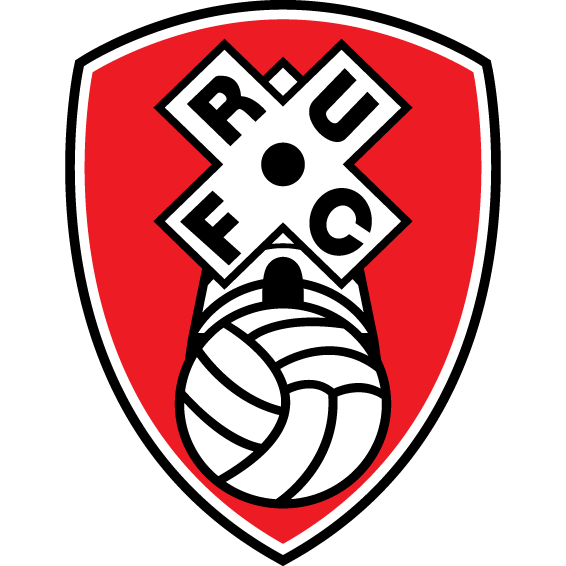




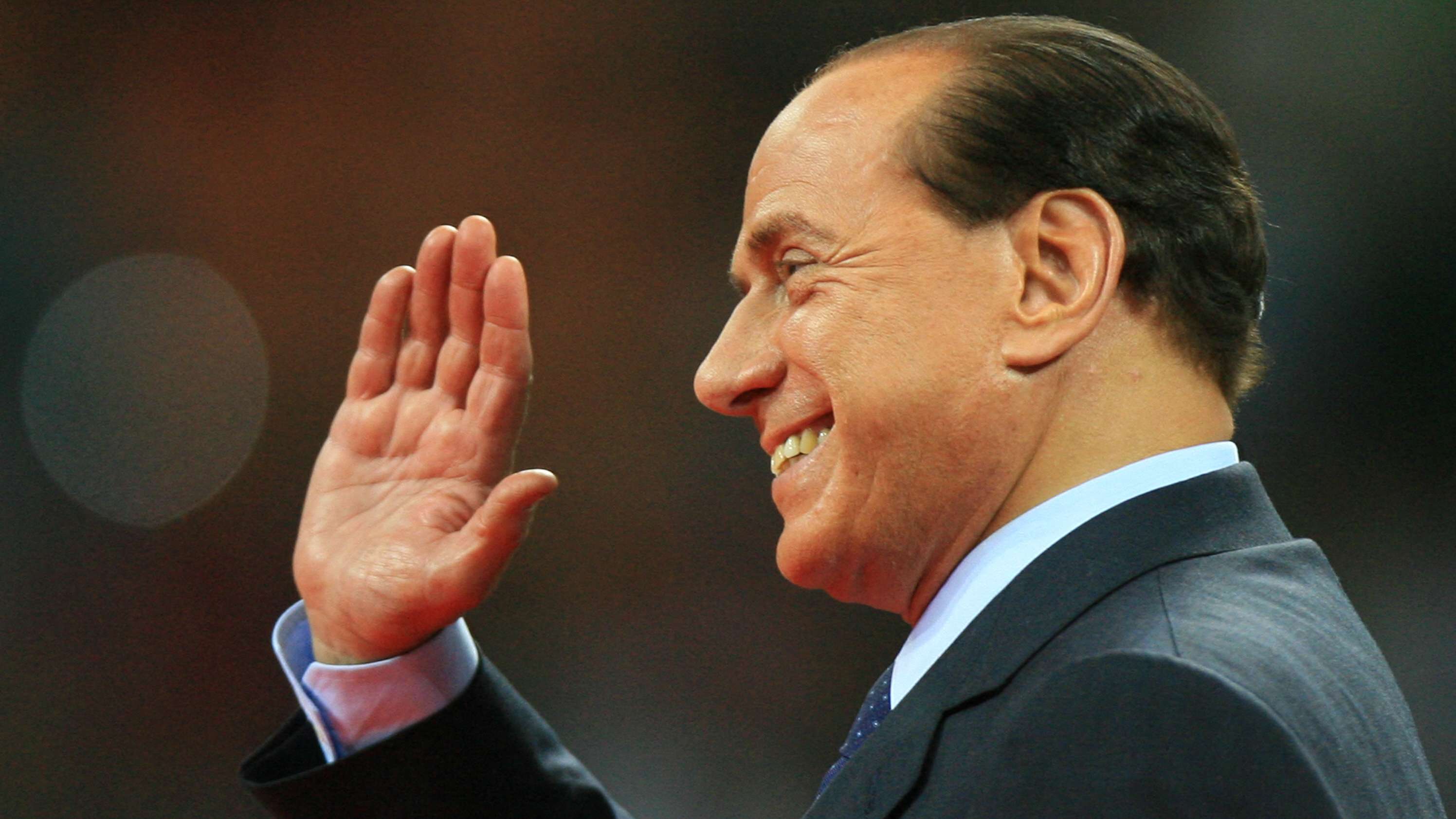
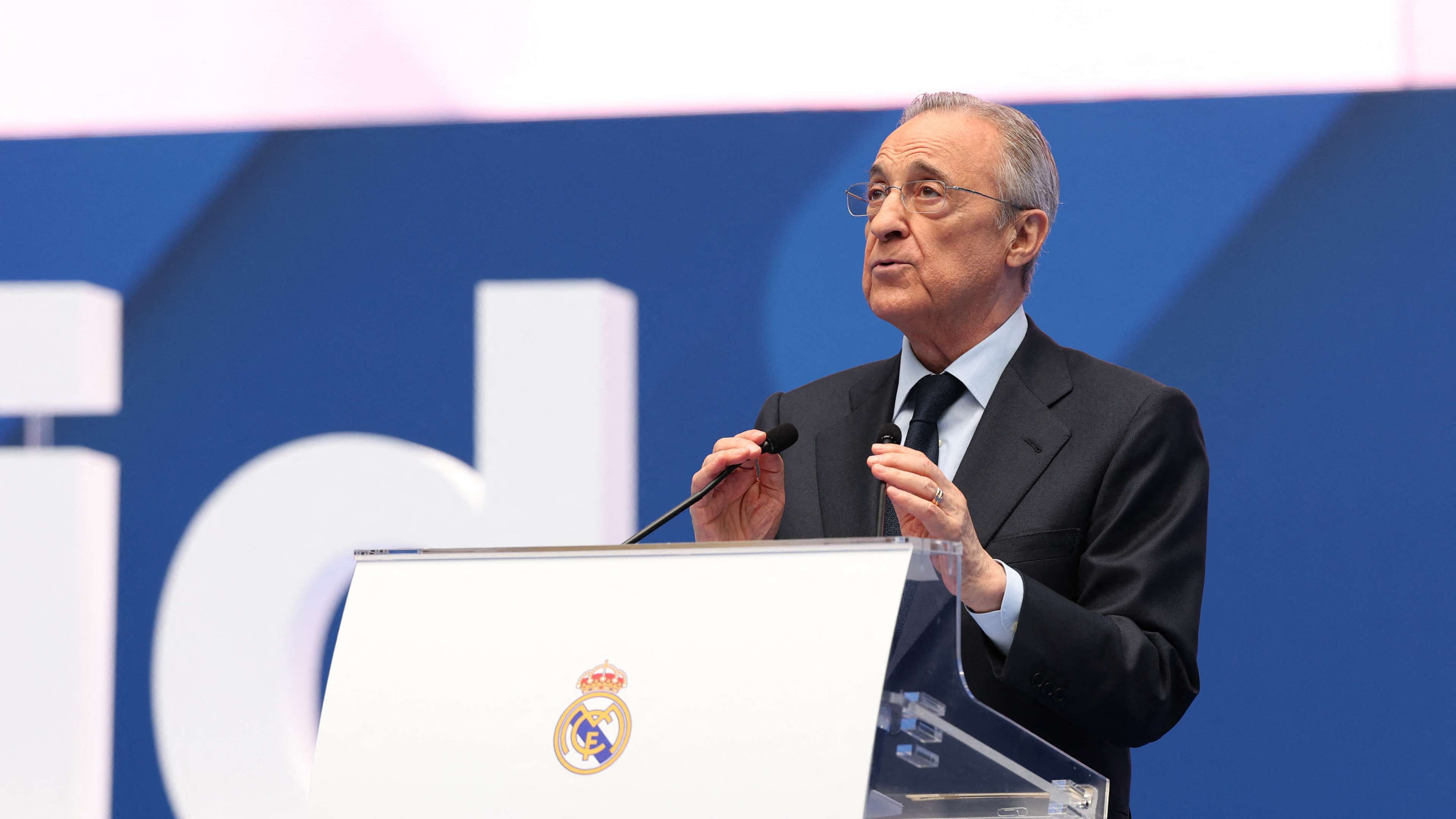























There are no comments yet. Be the first to comment!